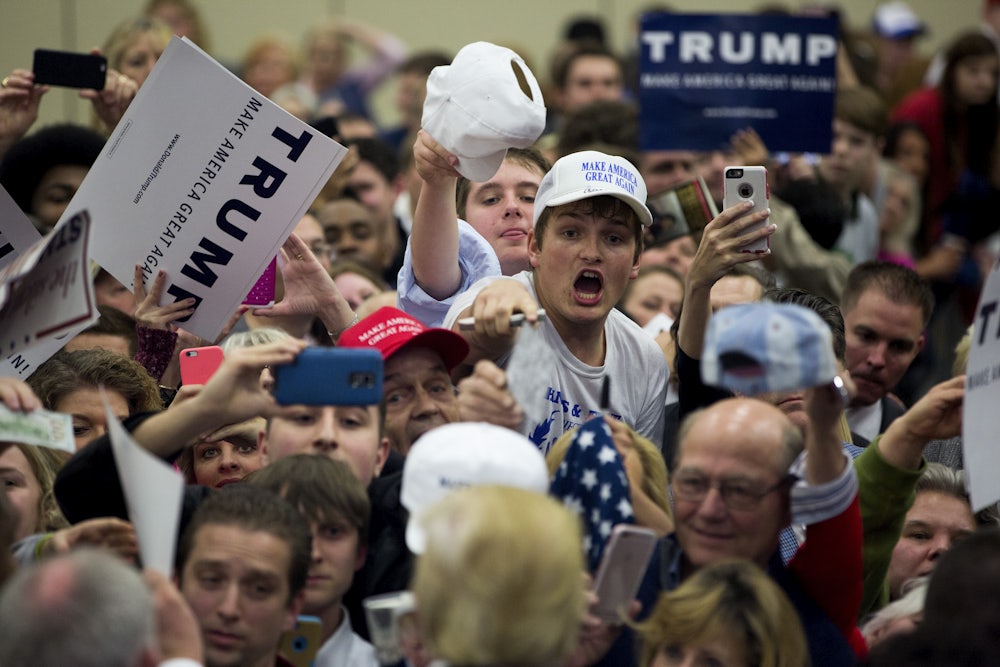Matthew Continetti makes some good points about why a contested convention to prevent Donald Trump from winning the Republican nomination would be a disaster.
I can see how maybe, just maybe, Cruz could win enough of the Trump forces and enough of the party regulars scared by Trump to win the nomination at the convention. But I can’t see Rubio doing that, or Mitt Romney, or Paul Ryan. The delegates would revolt. The anti-establishment folks would walk out. If there is one thing the primaries have taught us so far, it is that there are more Republicans who back Trump and Cruz than Marco Rubio. Donald Trump has won the most states, set the terms of the political debate, and is in part responsible for record interest and turnout in the 2016 Republican primary. The idea that his voters would stand idly by—that he would stand idly by—as the convention nominates Rubio or Romney in his place is more than farcical. It’s delusional.
But the alternative is no less disastrous. Awarding Trump the nomination would not only result in a likely loss in November, but could also embed his brand of conservative politics in the GOP’s DNA. As Jeet Heer has written, Goldwater may have lost in 1964, but his politics lived on and flourished.
Brian Beutler convincingly argues today that a Trump nomination is precisely the disastrous reckoning the GOP needs to restore the party to sanity. But why can’t this disastrous reckoning come sooner, at the convention? It could cost the GOP Trump’s supporters, and hence the election, but at least the party could begin reforging its identity without his influence.
